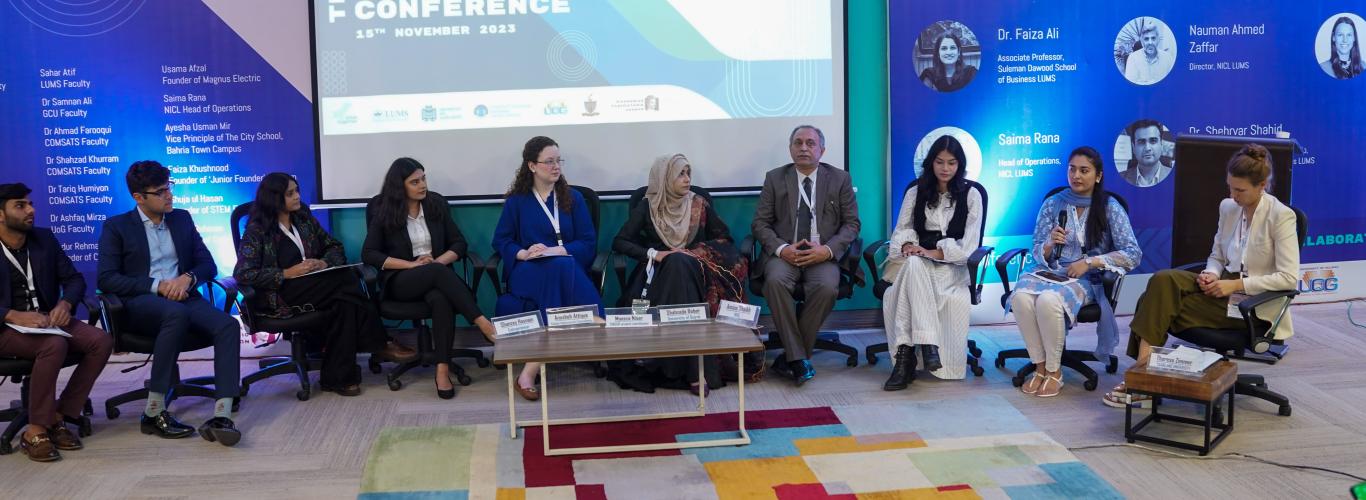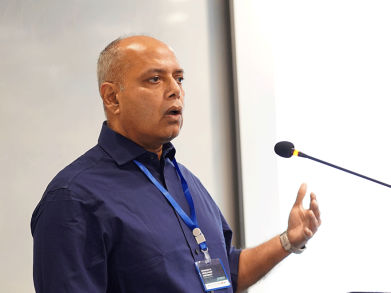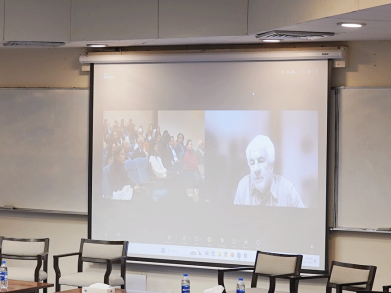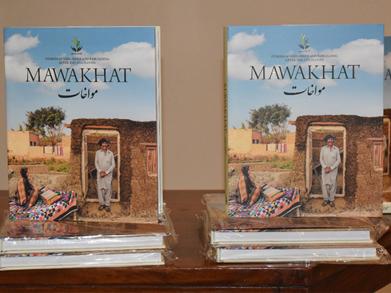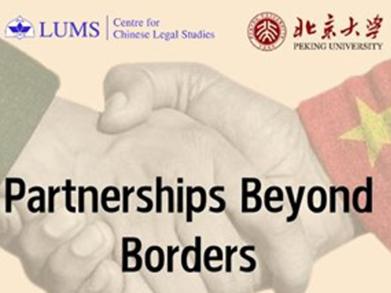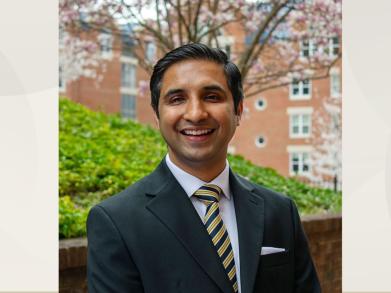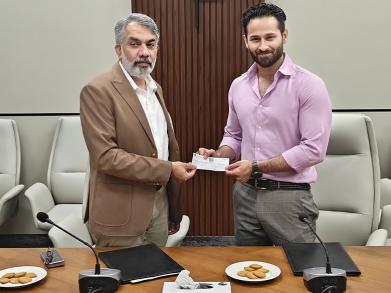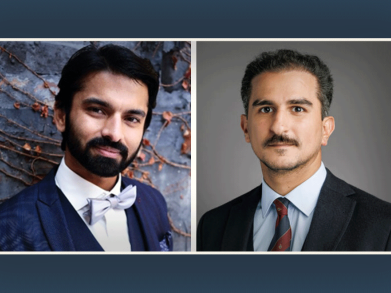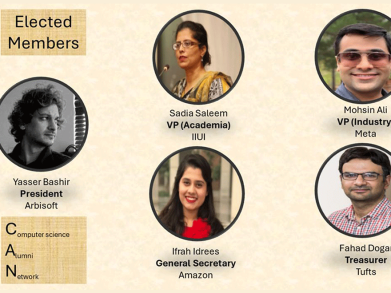NICL Hosts International Conference to Mark the Successful Completion of the EU-funded TAKE-UP Project
On November 15, academics, researchers, and start-up founders from across Punjab, gathered at the National Incubation Center Lahore (NICL) for the TAKE-UP Conference. The event was a culmination of the work done through the EU-funded TAKE-UP project, aimed at improving the entrepreneurial culture at universities in Pakistan. Conducted through a partnership between several universities, namely LUMS, Saarland University, Athens University of Economics and Business, University of Gujarat, Government College University and COMSATS University Islamabad, Lahore Campus, the conference showcased the transformative power of entrepreneurial education in uplifting Pakistan's youth and emerging entrepreneurs.
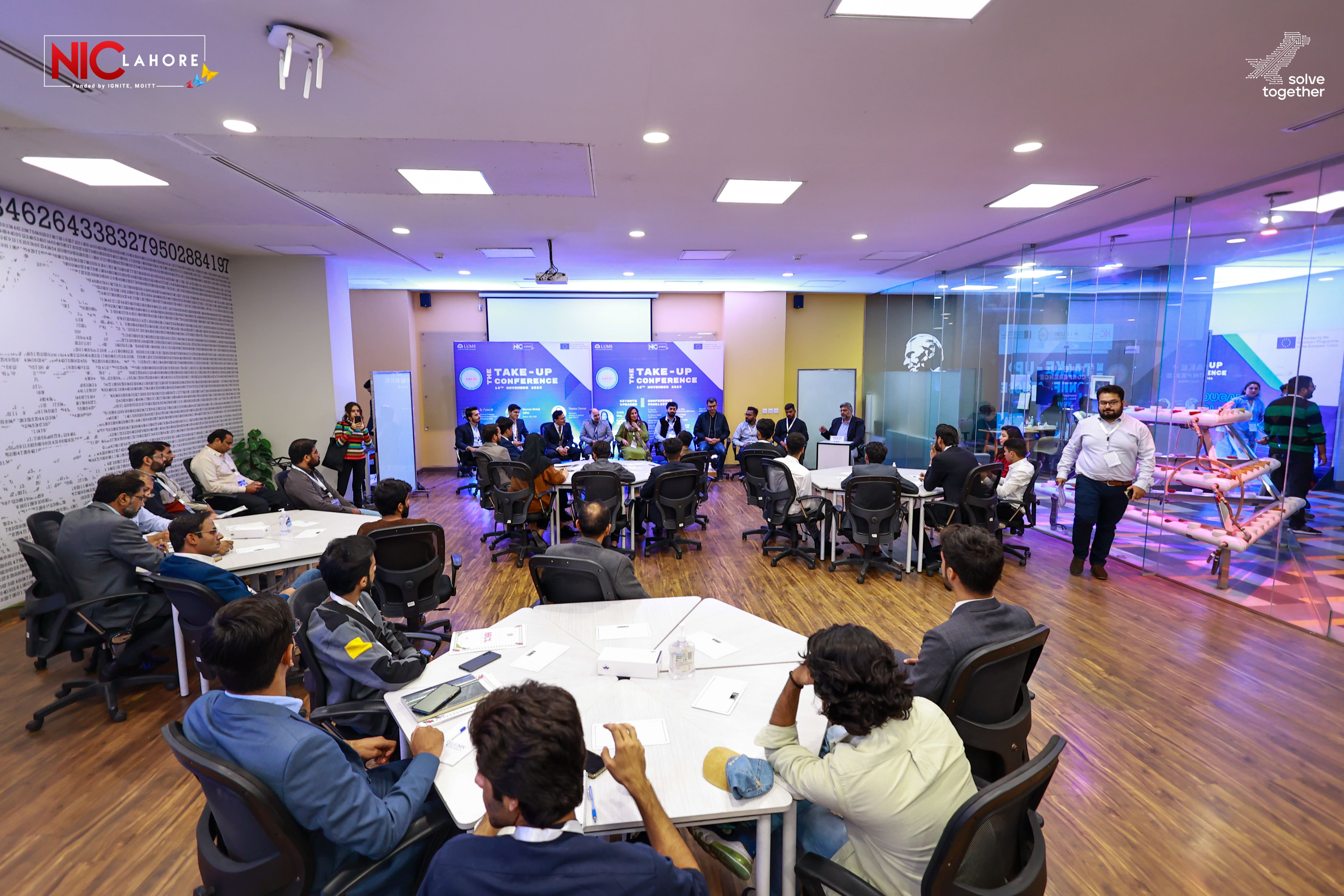
The opening ceremony was hosted by Ms. Amina Shaikh, Associate Learning and Development, NICL, and began with an overview of the programme by Ms. Theresa Zimmer, Project Lead TAKE-UP, Saarland University. Dr. Sebastien Lorion, Team Leader Governance and Education, EU Delegation to Pakistan, also virtually attended and said, “We believe that higher education plays a very important role in the economic and social development of any country by providing skills and a knowledgeable workforce. Universities and research institutions contribute to the creation and dissemination of knowledge leading to technological innovation that can positively impact the industry ecosystem.”
Ms. Aqeela Bano, Founder of the social enterprise, Ciqam, and a passionate social activist from Gilgit-Baltistan discussed the challenges faced by women who aspire to become entrepreneurs. “I started, and persisted, with Ciqam because a significant number of women in Gilgit-Baltistan had many responsibilities; they needed to sustain their households and support their younger siblings. We decided to teach them technical skills so that they could make their lives better and contribute to the region economically."
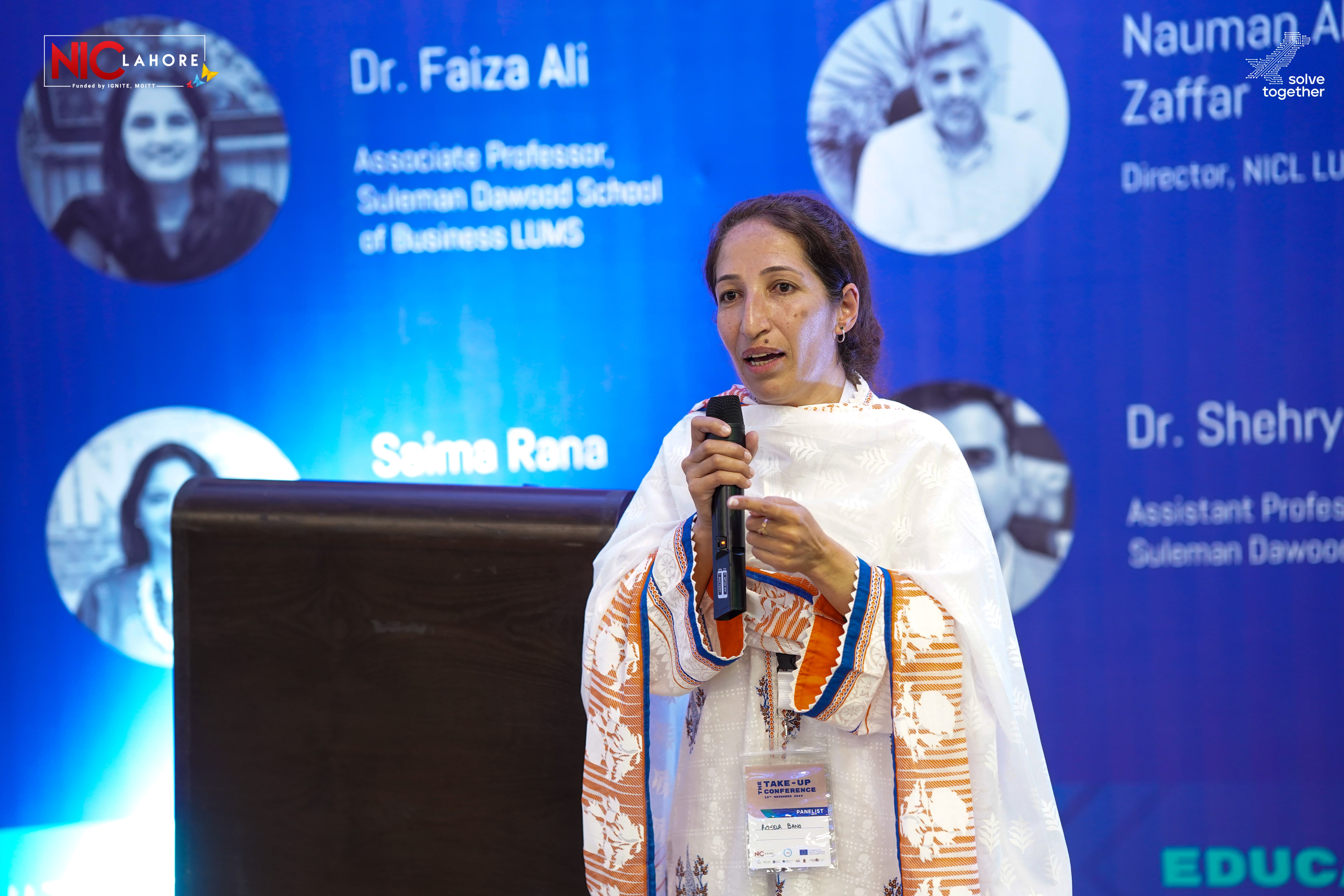
The keynote address by Ms. Aqeela set the tone for the day's enlightening panel discussions, covering topics such as fostering female-led start-ups, prototyping research, transforming student projects into viable businesses, and crafting entrepreneurial programmes for young minds. Each panel featured a range of guests, offering a diverse set of perspectives and experiences to the engaged audience.
At the ceremony, attendees also heard from Ms. Kiran Ali, International Project Manager, Saarland University, and Dr. Faiza Ali, Project Lead, LUMS. Dr. Ali stated, “As part of the project, we were able to train a significant number of internal faculty and staff members at LUMS to become certified entrepreneurial coaches. The project also gave us the unique opportunity to collaborate and network with 16 other local universities.”
Moreover, NICL collaborated with Beaconhouse National University’s School of Visual Arts and Design, for an exhibition titled as an ‘ARTpreneurial Showcase’. This collaboration showcased artistically driven projects designed by students, exhibiting commercially viable ideas.
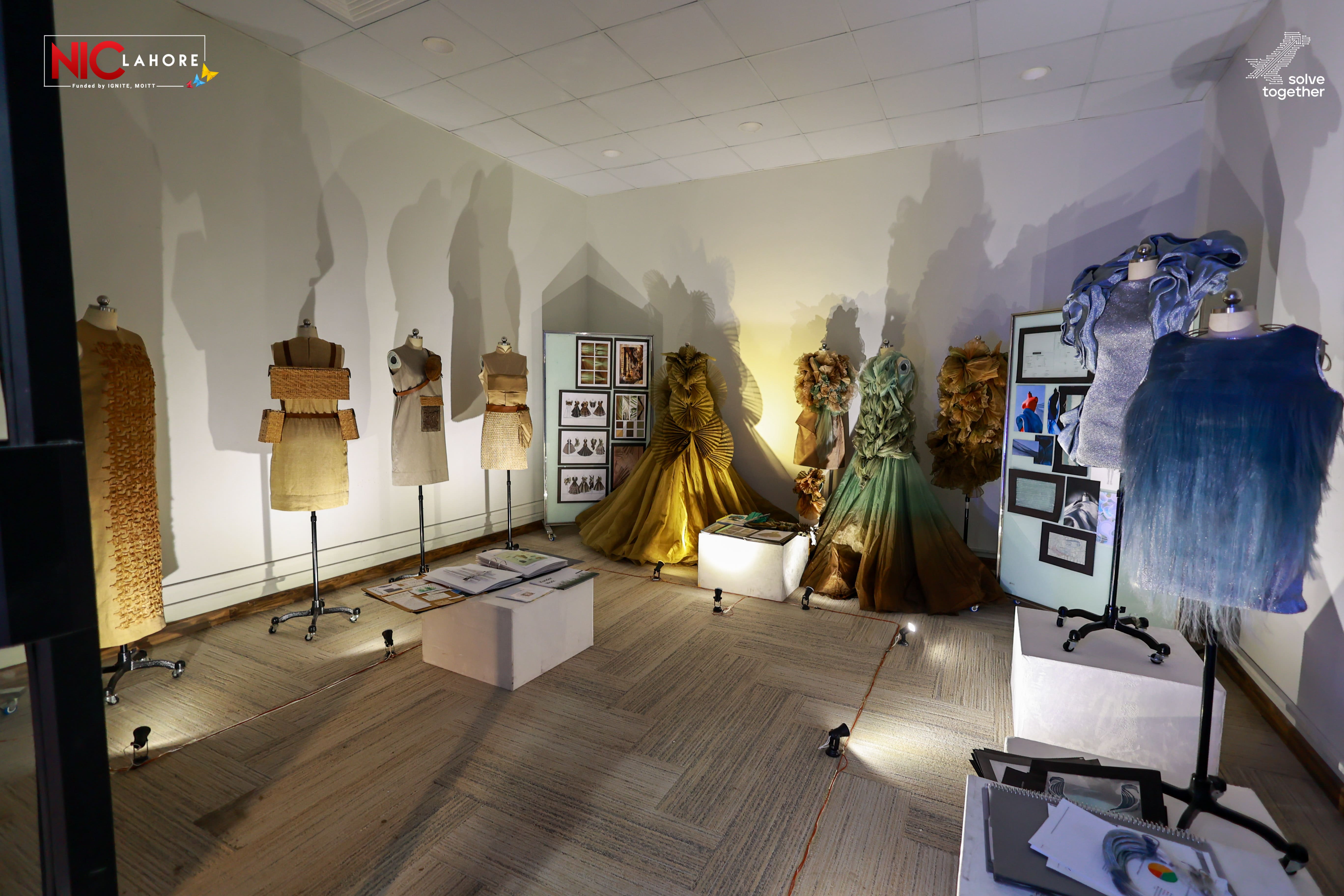
On the conference’s impact, Ms. Zimmer said, “You could feel the entrepreneurial spirit at this conference in every panel, every space. I think this is one of the main achievements— that people are collaborating and transforming the ecosystem of entrepreneurship in Pakistan, especially at higher education institutions.” Echoing these sentiments, Ms. Saima Rana, Head of Operations, NICL, expressed her gratitude to the NICL team, LUMS, and the partner universities for the successful completion of the Project and the Conference.
Also in attendance as special guests were Mr. Panourgias Papaioannou, Athens University of Economics & Business, and Professor Cornelius Konig, Saarland University, who highlighted the importance of projects like TAKE-UP. Mr. Papaioannou said, “In the culmination of the TAKE-UP Project, we witness not an end, but a new beginning—a testament to the resilience and potential embedded in the Pakistani Higher Education System. As the project concludes, it leaves in its wake a legacy of hope, affirming that the spirit of entrepreneurialism has taken root, and it's here to stay.”

